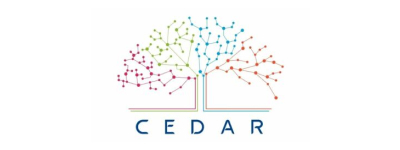
CEDAR
Continuing Education Against Radicalisation

Strengthening a comprehensive approach to preventing and counteracting radicalisation based on a universal evidence-based model for evaluation of radicalisation prevention and mitigation
Timeframe
09/2021 – 08/2024 (36 months)
Get in touch
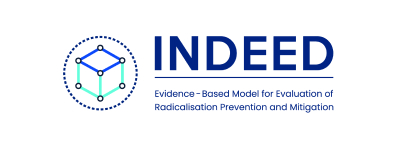
INDEED aims to strengthen the knowledge, capabilities and skills of preventing violent extremism (PVE) / countering violent extremism (CVE) and deradicalisation within first-line practitioners and policymakers in designing, planning, implementing and evaluating initiatives in the field through an evidence-based approach.
INDEED builds from the state-of-the-art, utilising the scientific and practical strengths of recent activities – enhancing them with complementary features to drive advancements and curb a growing rise of radical views and violent behaviour threatening security.

Develop a co-created evidence-based approach to the evaluation of PVE/CVE and deradicalisation initiatives, and design, plan and implement such initiatives in a proven manner.
Foster capacity building, knowledge transfer and skills development in the evaluation of PVE/CVE and deradicalisation initiatives and the designing, planning, and implementation of the preventive and mitigating measures.
Contribute to increasing the sense of security among EU citizens by improving the effectiveness of policies and security measures in the area of PVE/CVE/deradicalisation.
Increase the visibility of INDEED outcomes and facilitate processes for their broad use, exploitation and sustainability.
Ensure ethics-centred evaluation and design, enshrining gender mainstream, fundamental rights standards, and societal desirability at the core of PVE/CVE/deradicalisation initiatives.
Identification and analysis of the scientific concepts and approaches to the evidence-based evaluation of initiatives on PVE/CVE/deradicalisation.
Identification of practitioners’ and policymakers’ gaps and requirements.
Development of the Evidence-Based Evaluation Model (EBEM) for radicalisation prevention and mitigation and an Evaluation Tool dedicated to the PVE/CVE/deradicalisation initiatives.
Evidence-based evaluation of European, national, regional and local PVE/CVE/deradicalisation initiatives.
Strengthening practitioners’ and policymakers’ field competencies for Evidence-based Practice.
Gender, legal, ethical and social aspects.

Continuing Education Against Radicalisation

Delivering a comprehensive approach to preventing, reporting, investigating and prosecuting hate crime and hate speech-related incidents in Portugal

Fostering Digital Democracy and Citizenship in Higher Education

Developing a European framework for disengagement and reintegration of extremist offenders and radicalised individuals in prison

Sentinels of the Future: Together to Eradicate Human Trafficking
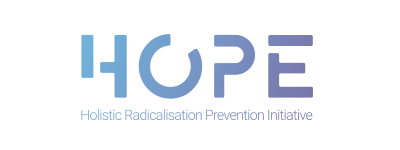
Holistic Radicalisation Prevention Initiative (Balkan countries)

Law enforcement and community cooperation and training approach to prevent radicalisation by ensuring refugees’ successful inclusion

Integrated Community, Probation and Prison Services Radicalisation Prevention Approach

Identifying future capabilities for Community Policing

Multi-Ideological Radicalisation Assessment towards Disengagement

Participatory Approaches to Protecting Places of Worship

Partnership against Radicalisation in Cities

Radicalisation and violent extremism prevention in the community
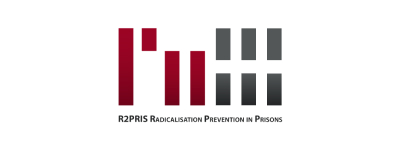
Radicalisation Prevention in Prisons
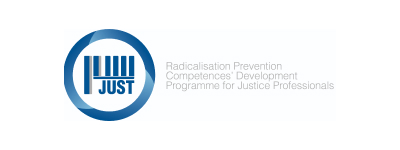
Radicalisation Prevention Competences’ Development Programme for Justice Professionals

Communitarian approach for a holistic young refugee long-term integration
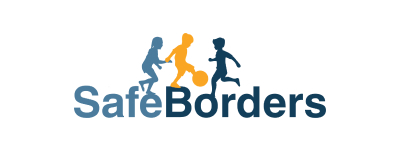
Strengthening Judicial expertise and Frontline support to combat Child Trafficking

Safeguarding symbolic places of personal and religious development and freedom in Europe through a multi-stakeholder approach.

Restorative and victim-centred approach to mitigate hate and (violent) extremism

Integrated Exit Programme for Prisons and Probation